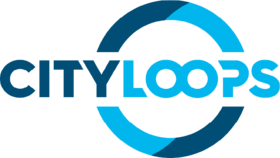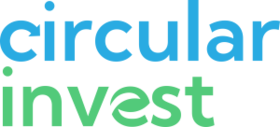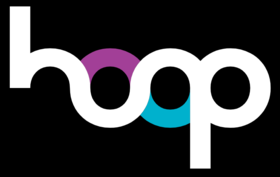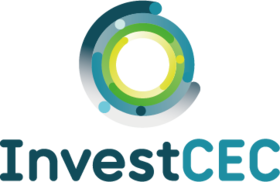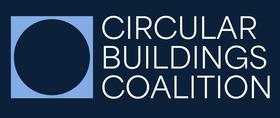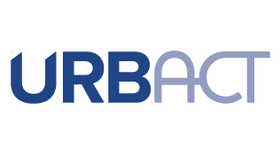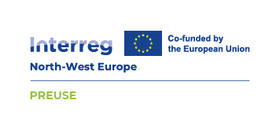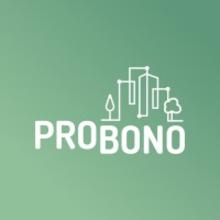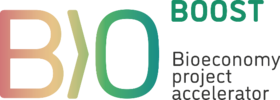
BIOBOOST
BIOBOOST aims to accelerate the bioeconomy in Catalonia by providing tailored project development assistance (PDA) to overcome barriers preventing investment in bioeconomy initiatives. Delivered through a one-stop-shop Accelerator Office in Barcelona, services include technical, legal, business, and facilitation support. The project targets €30 million in new investments by 2025, achieving an 18-fold return on EU funding. BIOBOOST also engages with investors and public bodies to streamline project financing and implementation, with the ultimate goal of creating a replicable Bioeconomy Accelerator Best Practices Model for other regions.
